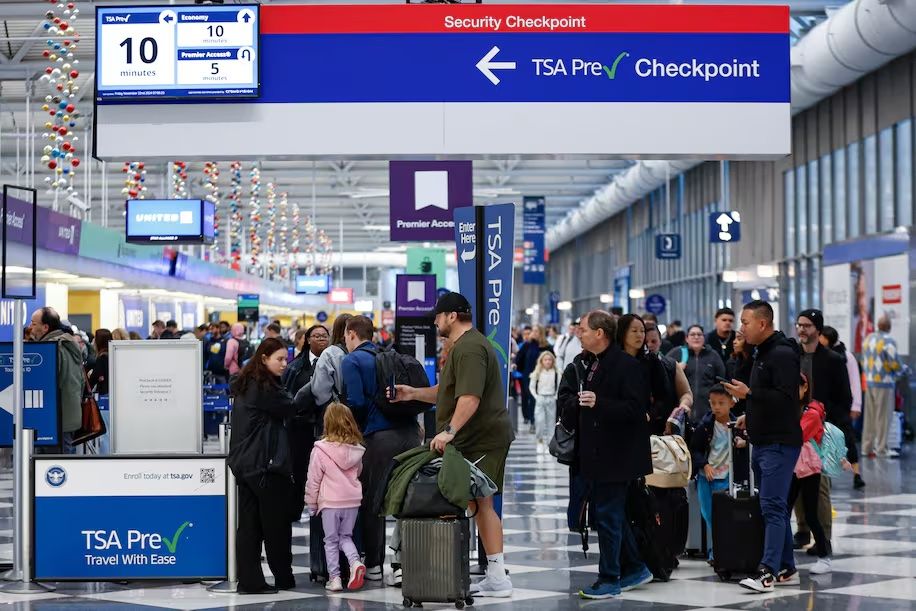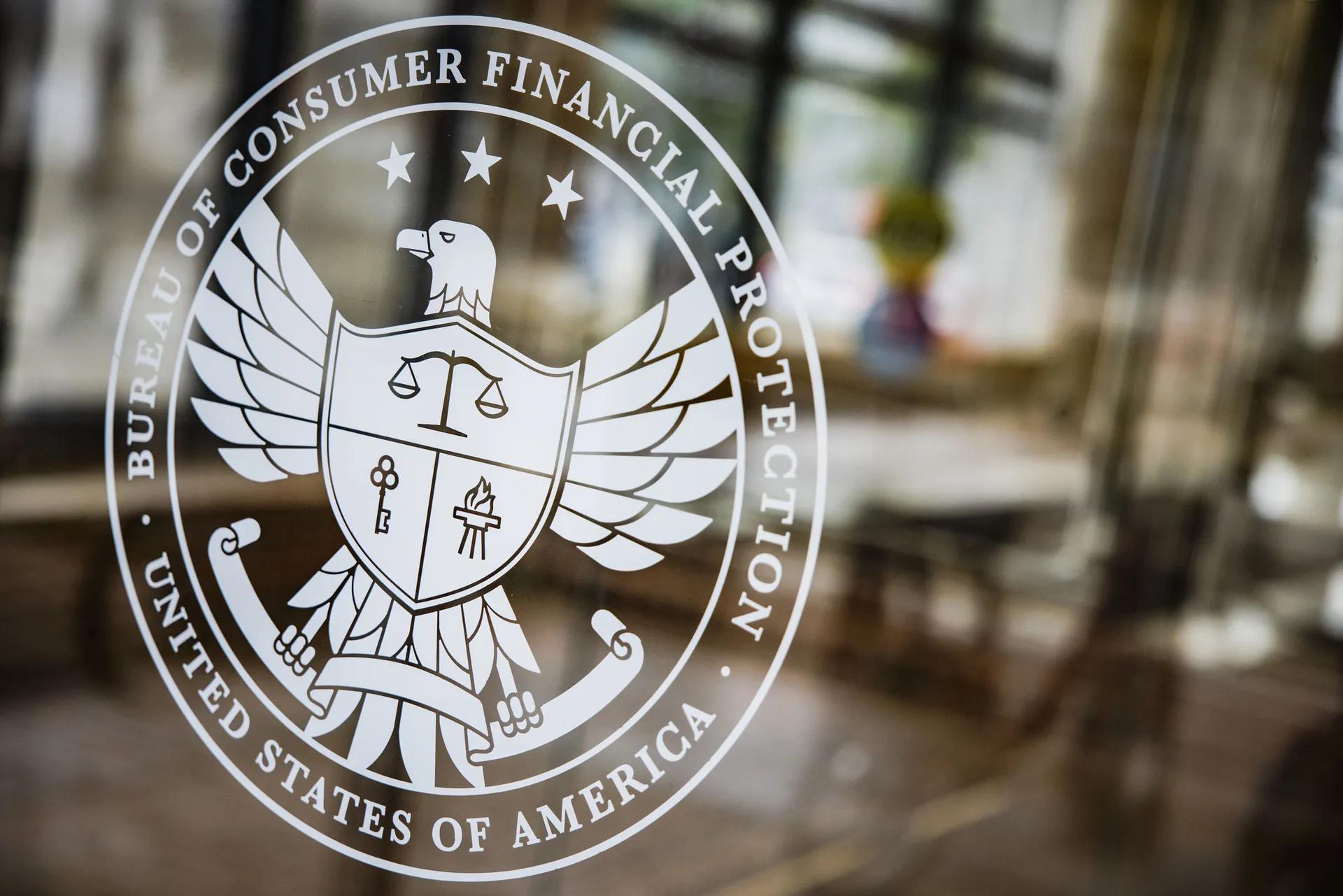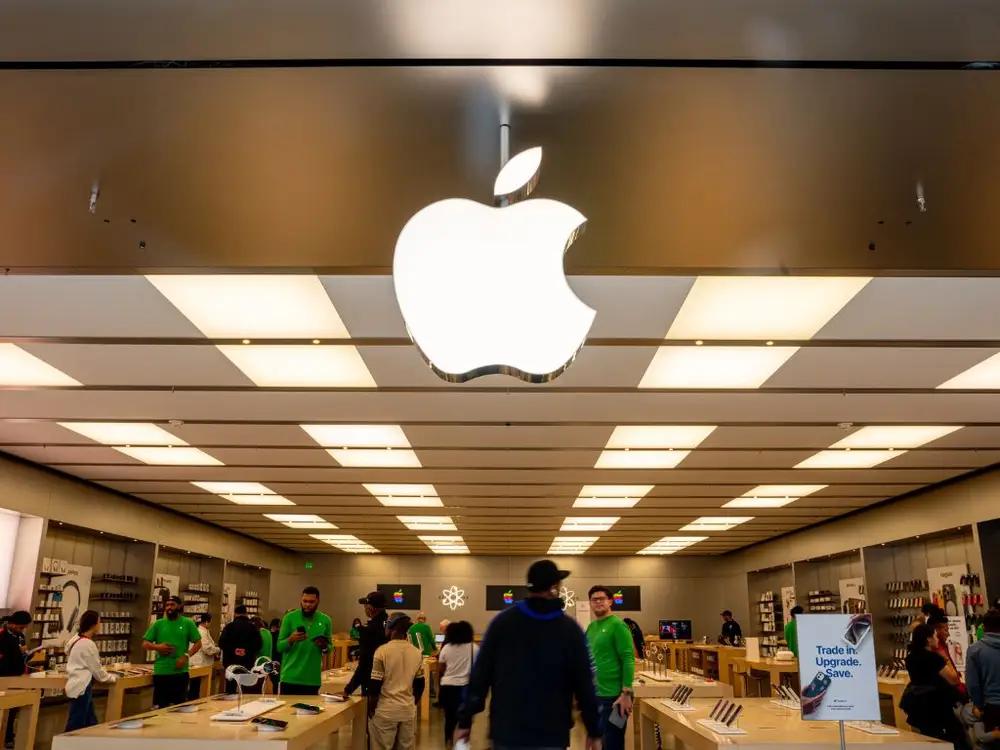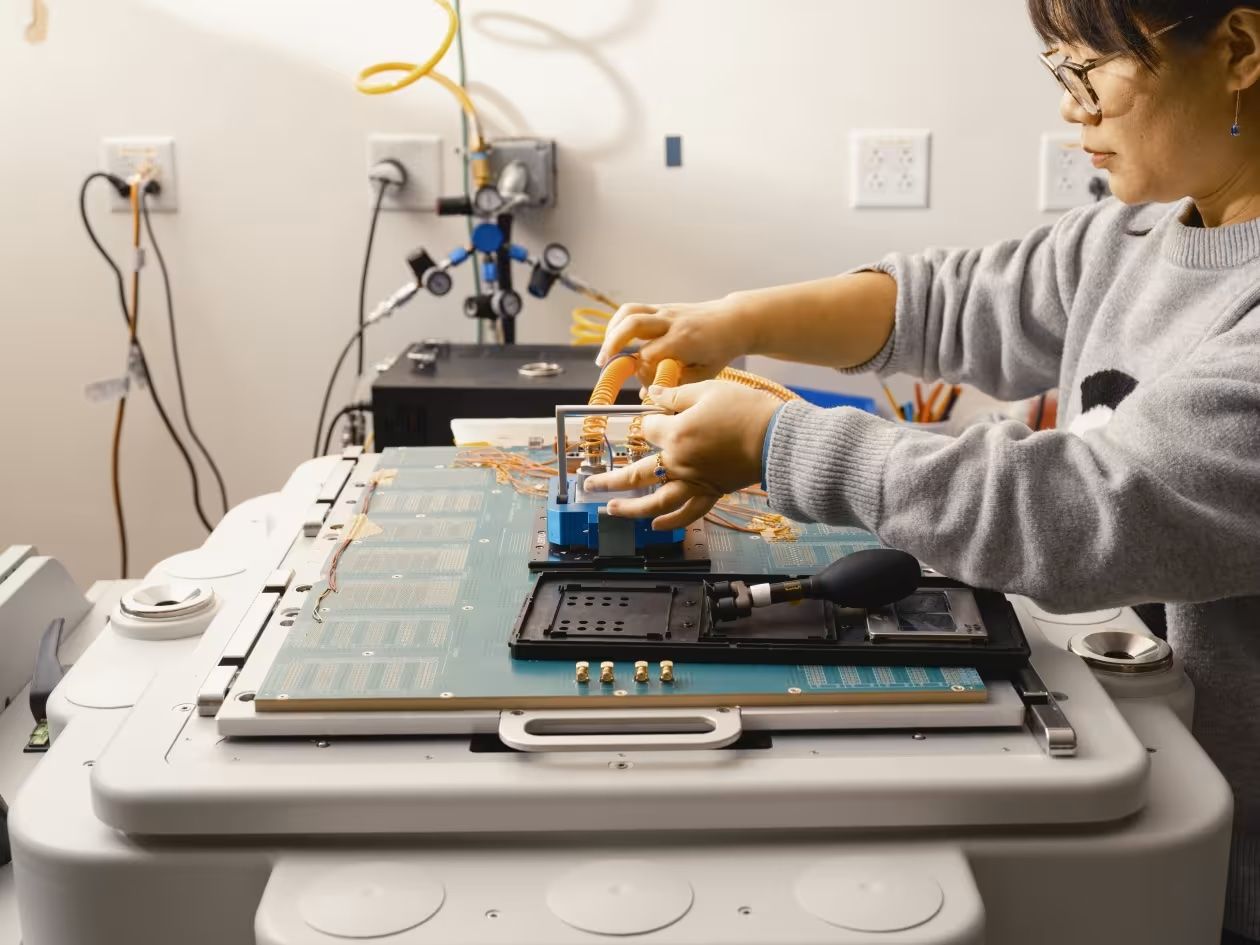|
|
 |
For Apple employees, the Apple ecosystem is not a walled garden. It is a prison yard.
— From the text of an employee lawsuit against Apple
|
|
|
Welcome back to Snippets! And to the first week of December ❄️ This week, at the intersection of privacy and tech:
- Deloitte released a new report about digital devices, AI, and consumers' complex relationship with both.
- The Washington Post weighs the pros and cons of CLEAR.
- The Consumer Financial Protection Bureau proposed a new rule to rein in data brokers.
- And more!
|
|
|
|
|
Digital adoption increases amid lingering concerns
|
 |
|
|
Deloitte’s 2024 Connected Consumer Survey highlights how deeply consumers' lives are intertwined with digital devices. But while spending on and appreciation for these devices increased in 2024, so did consumers' concerns.
|
- In the US, people check their smartphone 144 times a day on average—with households spending around $760 annually on connected devices.
- While 78% of respondents said digital experiences positively impact their lives, significant minorities were worried for their physical (42%) and mental (35%) health.
- 71% of respondents noted concern for their security, while 69% worried about being tracked.
- For over half of consumers, these concerns tie back to service providers—suggesting that companies with transparent data policies that honor customer choices may gain a competitive advantage.
|
|
|
|
|
|
|
🎥 An exclusive interview with Max Schrems (Part II)
|
|
In the second installment of this two-part episode of Transcend Field Trips, Ron De Jesus continues his conversation with Max Schrems—Austrian activist, lawyer, author, and Honorary Chair of noyb.
They discuss the fragmented enforcement of privacy rights across Europe and the US, government and commercial surveillance, Max’s position on "pay-or-okay" data tracking, and so much more.
|
|
|
|
|
|
|
|
Are the benefits of CLEAR entirely clear?
|
 |
|
Kamil Krzaczynski/AFP via Getty Images
|
CLEAR streamlines airport ID and security checks for over 20 million subscribers. But while the service allows travelers to move through airport security more quickly, The Washington Post argues users should weigh these benefits against the privacy risks.
|
- According to the TSA website, 99% of CLEAR members got through security in under 10 minutes.
- However, critics point to racial biases in facial recognition technology, which has led to the wrongful arrest of at least six Americans of color.
- While CLEAR stores sensitive data indefinitely, it doesn’t share it with third parties and does accept deletion requests from customers.
- Questions remain, however, around the lack of accountability with CLEAR’s forced arbitration clause, which blocks potential plaintiffs from class actions and traditional court litigation.
|
|
|
|
|
|
|
|
CFPB proposes new rule to address predatory data broker practices
|
 |
|
Bloomberg: Getty Images
|
The U.S. Consumer Financial Protection Bureau (CFPB) proposed a new rule to regulate data brokers under the Fair Credit Reporting Act (FCRA), aiming to curb practices that fuel scams, violence, and threats to national security.
|
- The proposal seeks to limit data brokers' ability to sell sensitive personal information such as financial data, credit scores, Social Security numbers, and addresses.
- Data brokers would be required to obtain explicit consent before acquiring or sharing personal information, addressing current loopholes that allow the sale of such data with minimal oversight.
- CFPB Director Rohit Chopra emphasized that unregulated data sales can enable criminal activities like scamming, stalking, and spying, putting personal safety and national security at risk.
- The rule’s implementation, however, may be met with political resistance, as President-elect Donald Trump has already indicated plans to empower Silicon Valley figures, like Elon Musk, to shape government oversight.
|
|
|
|
|
|
|
|
- Spain’s new travel rule raises eyebrows.
- In APAC, GDPR compliance is not enough.
- Why the name ‘David Mayer’ is crashing ChatGPT.
- The attorney general’s role in shaping privacy.
- AI won’t displace game developers, says PlayStation CEO.
|
|
|
|
|
|
Apple employee accuses company of out-of-office surveillance
|
 |
|
Andrew Harnik via Getty Images
|
Apple is facing a lawsuit alleging the company invades employee privacy by monitoring personal devices, suppresses employee speech, and limits workers' rights.
|
- Filed by employee Amar Bhakta, the suit claims Apple prohibits workers from discussing their pay and working conditions—a violation of their freedom of speech and whistleblowing rights.
- Bhakta asserts that Apple's policies encourage the use of personal iCloud accounts on company devices, allowing Apple to search personal data stored on those devices.
- The complaint also alleges that Bhakta was restricted from sharing his work experiences publicly and was pressured to remove details about his employment from LinkedIn.
- Apple denied the claims outright, asserting that the company’s focus is on protecting intellectual property rather than limiting employees’ rights.
|
|
|
|
|
|
|
|
Amazon announces plans for new supercomputer
|
 |
|
Photo: Jordan Vonderhaar for WSJ
|
Amazon Web Services (AWS) announced plans for a massive AI supercomputer, Ultracluster, which will use the company's custom-designed Trainium chips as part of its efforts to compete with Nvidia in the AI chip market.
|
- Designed for training AI models, the project will be one of the largest AI supercomputers in the world and will support AWS partner Anthropic.
- AWS also unveiled its new Ultraserver, which combines 64 interconnected Trainium chips, at the re:Invent conference.
- The company is positioning its Trainium chips as a cost-effective alternative to Nvidia’s market-dominant GPUs, with a focus on gaining more control over the AI supply chain.
- AWS’s move to develop custom AI hardware is part of a broader industry trend, with competitors like Microsoft and Google also aiming to reduce reliance on Nvidia’s tech.
|
|
|
|
|
|
|
🏛️ What's next for US privacy under Trump 2.0?
|
|
With a Republican trifecta at the federal level, and as states start signaling their 2025 legislative agendas, we convened a special livestream to explore what privacy teams across different industries could expect in the coming year.
Topics covered include what the path to a federal U.S. privacy bill looks like in the lame duck session, what's next for the FTC, predicted enforcement focus areas, and more.
|
|
|
|
|
|
|
|
|
Snippets is delivered to your inbox every Thursday morning by Transcend. We're the platform that helps companies put privacy on autopilot by making it easy to encode privacy across an entire tech stack. Learn more.
|
|
|
|
You received this email because you subscribed to Snippets. Did someone forward this email to you? Head over to Transcend to get your very own free subscription! Curated in San Francisco by Transcend.
|
|
|
|
|
|